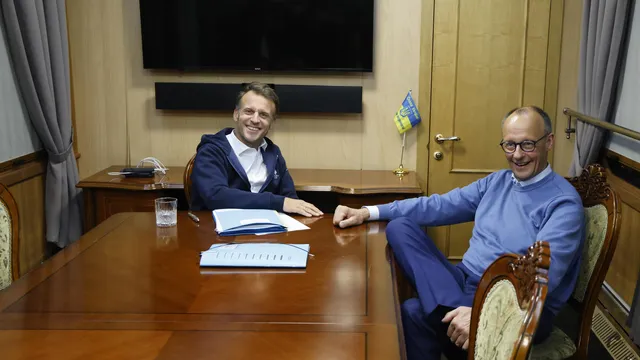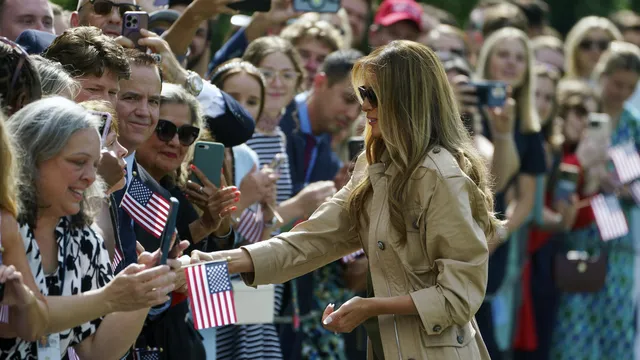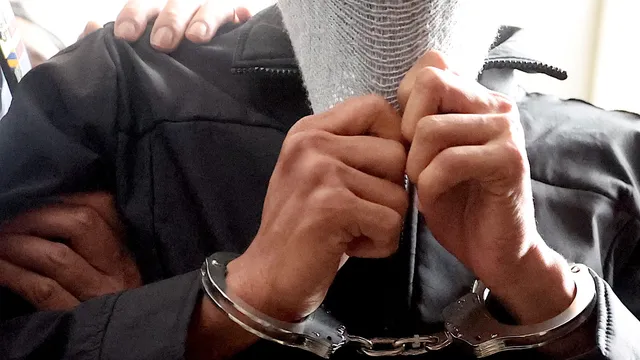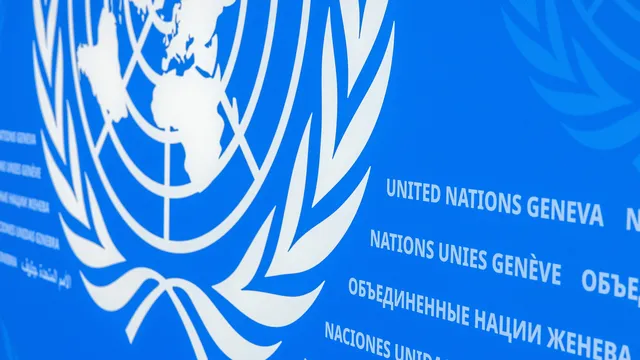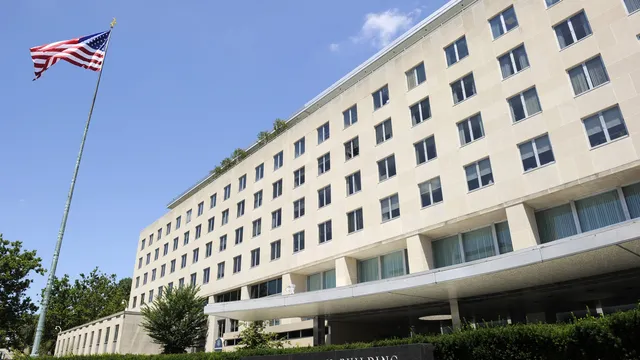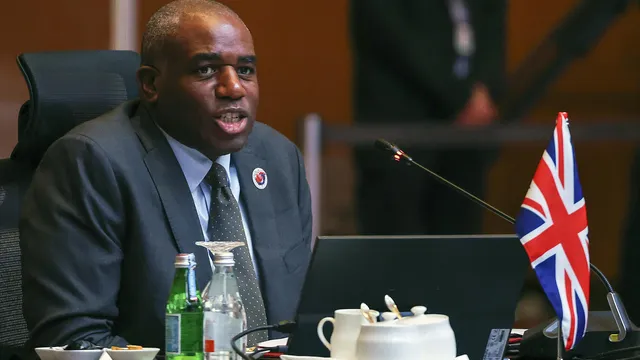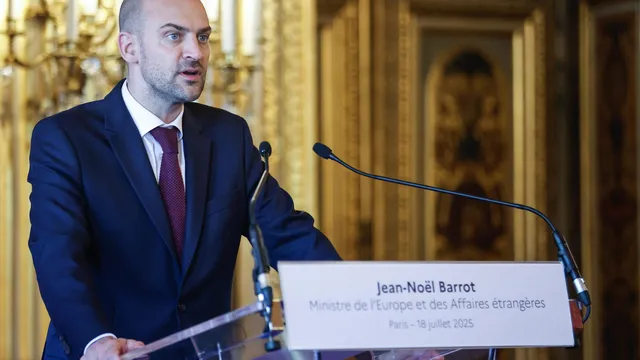French President Emmanuel Macron will meet with German Chancellor Friedrich Merz in Berlin to discuss NATO security, the trade dispute between the European Union and the United States, and other key issues, AFP reports.
Macron and Merz, who assumed office in May, are demonstrating a desire to revive the Franco-German partnership at the heart of the EU amid growing transatlantic tensions fueled by U.S. President Donald Trump. “The most important message is: the Franco-German duo is working again,” the Élysée Palace stated ahead of the planned dinner between Macron and Merz.
Paris and Berlin, along with London and Warsaw, play a leading role in supporting Ukraine against Russia and in efforts to strengthen the defense capacities of European NATO members. However, while France has shown willingness to send peacekeeping forces in the event of a ceasefire, Germany has so far not expressed such intentions.
A key topic of discussion will also be the deepening trade dispute with the United States, following Trump’s threat to impose 30% tariffs on European goods if an agreement is not reached by August 1. “We are entering a decisive phase in the tariff dispute with the U.S.,” said Merz, stressing the need for “a fair and reliable agreement with low tariffs” to strengthen the transatlantic market.
Macron and Merz will also address bilateral challenges, including the joint fighter jet project being developed by France and Germany alongside Spain. Merz opposes the proposal for a leading French role but expressed confidence that an agreement is possible. Eric Trappier, CEO of French defense company Dassault, has questioned the project’s effectiveness, stating: “We must ask how effective a project managed by three countries can be without a single real leader.”
Energy remains another difficult issue. France relies heavily on nuclear power, while Germany is phasing it out in favor of renewable sources such as solar and wind. Paris insists that Berlin adopt the principle of “technological neutrality” and recognize nuclear energy as climate-sustainable. Germany’s previous government—made up of Social Democrats and Greens—opposed this view, but Merz’s new leadership from the Christian Democratic Union may be more open to considering it. In a joint article published in May, the two leaders pledged a “restart of energy policy” and “equal treatment of all low-emission energies at the EU level.”
Another contentious area remains the trade agreement between the EU and the South American bloc Mercosur. Germany firmly supports the deal, while France fears negative impacts on its agricultural sector. Sources in Paris, however, reported that a compromise is taking shape, under which an additional protocol would include “a strong clause for agricultural protection.”
Friedrich Merz will welcome Emmanuel Macron at 6:30 p.m. local time at “Villa Borsig”—the former residence of the commander of the French occupation forces after World War II, on the outskirts of Berlin. The program includes press statements without questions from journalists, a jazz performance, and a working dinner.
| BGNES

 Breaking news
Breaking news
 Europe
Europe
 Bulgaria
Bulgaria
